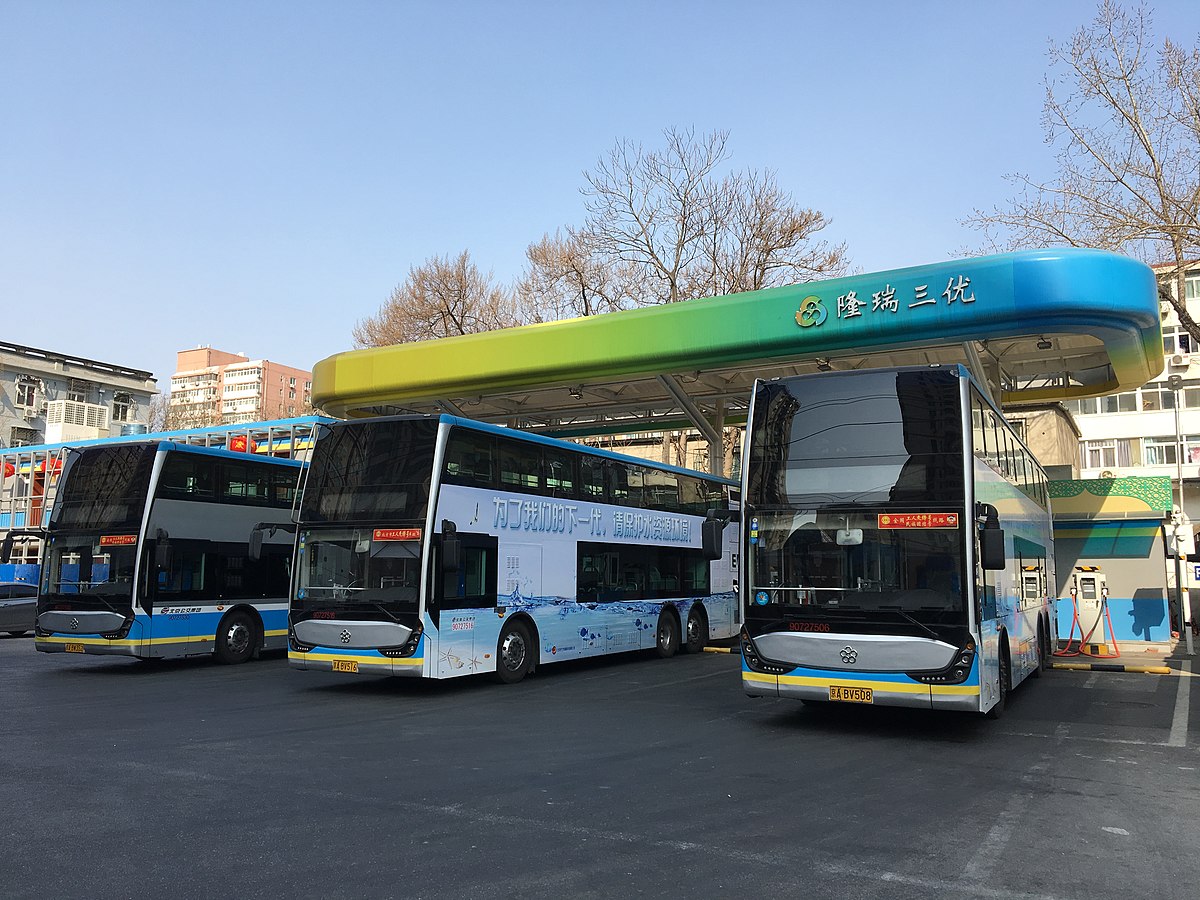- Reaction score
- 9,787
- Points
- 1,160
China's Electricity Supply - 62% Coal Fired.

 en.wikipedia.org
en.wikipedia.org
China is the world's largest electricity producer, having overtaken the United States in 2011 after rapid growth since the early 1990s. In 2021, China produced 8.5 petawatt-hour (PWh) of electricity, approximately 30% of the world's electricity production.
Most of the electricity in China comes from coal power, which accounted for 62% of electricity generation in 2021 and is a big part of greenhouse gas emissions by China. Power generated from renewable energy has also been continuously increasing in the country, with national electricity generation from renewable energy reaching 594.7 TWh in Q1 2023, an increase of 11.4% year-on-year, including 342.2 TWh of wind and solar power, up 27.8% year-on-year.
In 2023, China's total installed electric generation capacity was 2.92 TW of which 1.26 TW renewable, including 376 GW from wind power and 425 GW from solar power. As of 2023, the total power generation capacity for renewable energy sources in China is at 53.9%. The rest was mostly coal capacity, with 1040 GW in 2019. Nuclear also plays an increasing role in the national electricity sector. As of February 2023, China has 55 nuclear plants with 57 GW of power in operation, 22 under construction with 24 GW and more than 70 planned with 88 GW. About 5% of electricity in the country comes from nuclear energy.



